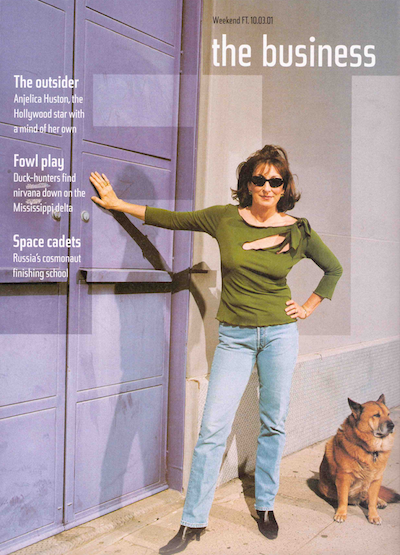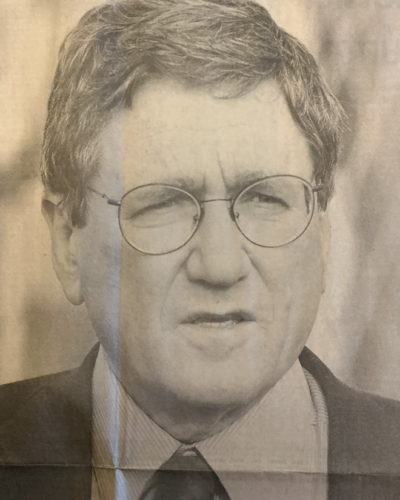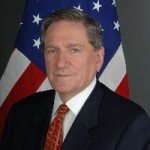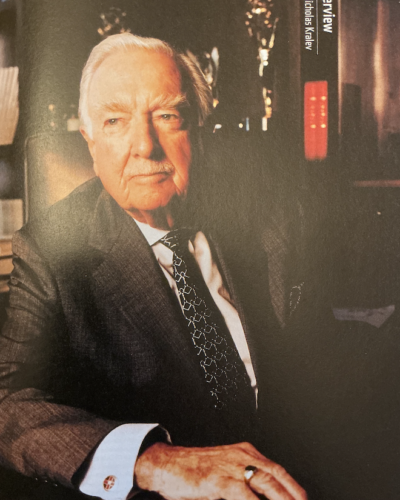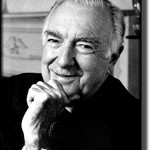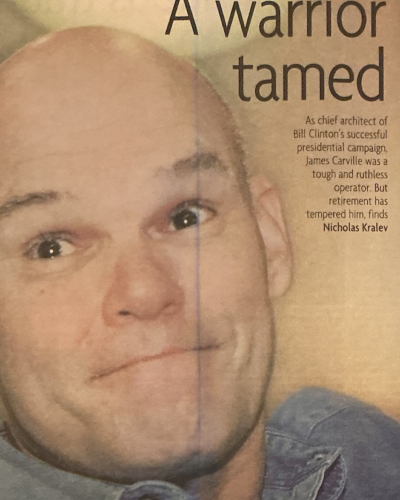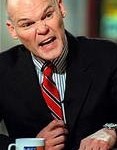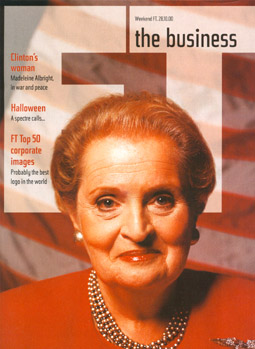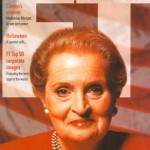Must be talking to an Anjel
Anjelica Huston has already come to terms with the fact that her first half-century will soon be behind her, but the prospect of joining the ranks of Hollywood’s much-pitied unemployed middle-aged actresses has yet to make her list of immediate concerns. With three films scheduled for release this year, another one having just started production and a script she’s writing to direct, Huston is now busier than she was in her early thirties.
She claims that one can “always find jobs” in show business, or “create jobs if one can’t find them”, although she says that her turning to writing and directing “certainly wasn’t as a result of not getting any work”.
“Most young actors aren’t being offered parts, either, so what’s the point of harping on a negative when you can create something?” she demands. “Go to a class, learn to dance, do something with your life but don’t sit complaining about what you haven’t got. I don’t have $100m — it’s too bad. But I can go and figure something that will get me my next $10m”…

